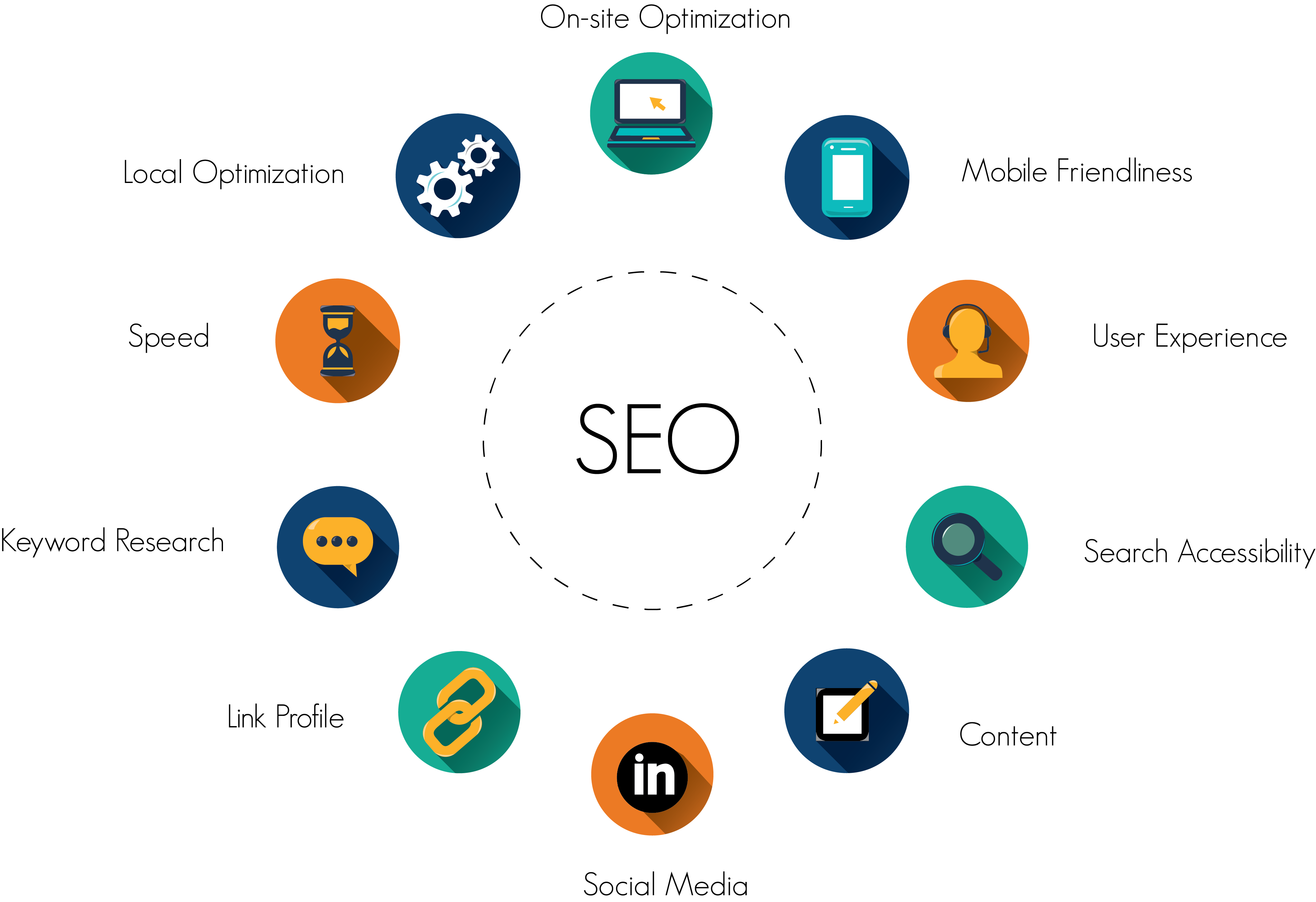
Search Engine Optimization, commonly referred to as SEO, is the practice of improving the visibility and ranking of a website on search engine result pages (SERPs). In today’s digital era, where businesses heavily rely on online presence for success, SEO plays a crucial role in ensuring that websites are easily discoverable by both search engines and users.
Importance of SEO
With millions of websites competing for attention on the internet, it is essential for businesses to optimize their websites to stand out from the crowd. Here are some key reasons why SEO is vital:
1. Increased Organic Traffic
When a website is optimized effectively, it has higher chances of appearing on the first page of search results. This increased visibility means more organic traffic, as users are more likely to click on websites that appear at the top of the SERPs. Higher organic traffic leads to more exposure and potential customers for businesses.
2. Improved User Experience
One of the primary goals of search engines, like Google, is to provide users with the most relevant and user-friendly search results. As a result, SEO encompasses various factors that enhance the overall user experience on a website. This includes factors such as fast loading speed, mobile-friendliness, easy navigation, and high-quality content. By optimizing these elements, businesses can not only improve their search rankings but also provide a seamless experience to their website visitors.
3. Brand Credibility and Trust
Websites that consistently appear on the first page of search results are generally considered more trustworthy by users. SEO helps build brand credibility by establishing a strong online presence and appearing as an authoritative source in a particular industry. When users see a website ranking high in search results, it creates a sense of trust and credibility, leading to increased brand recognition and customer loyalty.
Key SEO Techniques
There are various techniques and strategies that can be employed to optimize a website for search engines. Here are some essential SEO techniques:
1. Keyword Research and Optimization
Keyword research is a crucial aspect of any SEO strategy. It involves identifying the most relevant keywords and phrases that users are likely to search for when looking for products or services. By incorporating these keywords naturally into website content, titles, meta descriptions, and URLs, businesses can improve their chances of ranking higher on search results pages.
2. On-Page Optimization
On-page optimization refers to optimizing various elements on a webpage to make it search engine-friendly. This includes optimizing title tags, meta descriptions, headers, URLs, image alt tags, and internal linking structure. On-page optimization ensures that search engines can interpret the content and understand its relevance to specific search queries.
3. Content Creation and Link Building
High-quality and relevant content is the backbone of any successful SEO strategy. Creating valuable content helps attract organic traffic by providing users with the information they are looking for. Additionally, link building, which involves acquiring high-quality backlinks from reputable websites, helps search engines recognize a website as trustworthy and authoritative.
4. Mobile Optimization
In this mobile-dominated era, optimizing websites for mobile devices is essential. Mobile optimization involves creating a responsive design that adapts to different screen sizes and provides a seamless browsing experience. With search engines prioritizing mobile-friendly websites, businesses that neglect mobile optimization may experience a significant drop in rankings.
Measuring SEO Success
It is crucial to measure the success of SEO efforts to determine their effectiveness. Here are some key metrics that can be used to measure SEO success:
1. Organic Traffic
Monitoring the organic traffic to a website is a primary indicator of SEO success. An increase in organic traffic over time signifies that the website is receiving more visibility and attracting more visitors.
2. Keyword Rankings
Tracking the rankings of targeted keywords is essential to assess the impact of SEO efforts. If the rankings for these keywords improve over time, it indicates that the website is becoming more relevant to search engines.
3. Conversion Rate
Ultimately, the success of SEO can be evaluated by analyzing the conversion rate – the percentage of website visitors who take a desired action, such as making a purchase or filling out a contact form. Increased organic traffic should ideally lead to higher conversion rates, indicating that SEO efforts are translating into business success.
Conclusion
Search Engine Optimization is an integral part of any successful online marketing strategy. By optimizing websites for search engines, businesses can increase their visibility, attract more organic traffic, enhance user experience, and establish credibility. With the ever-evolving nature of search engine algorithms, staying up-to-date with the latest SEO techniques is essential to stay ahead of the competition and reap the benefits of higher search rankings.

